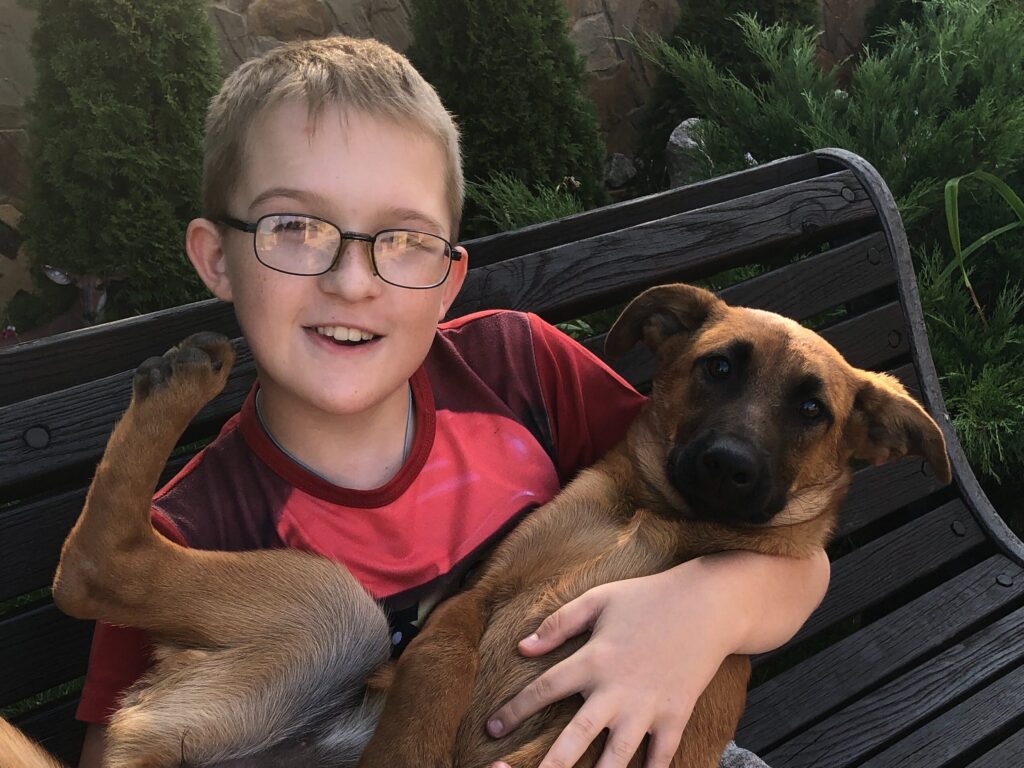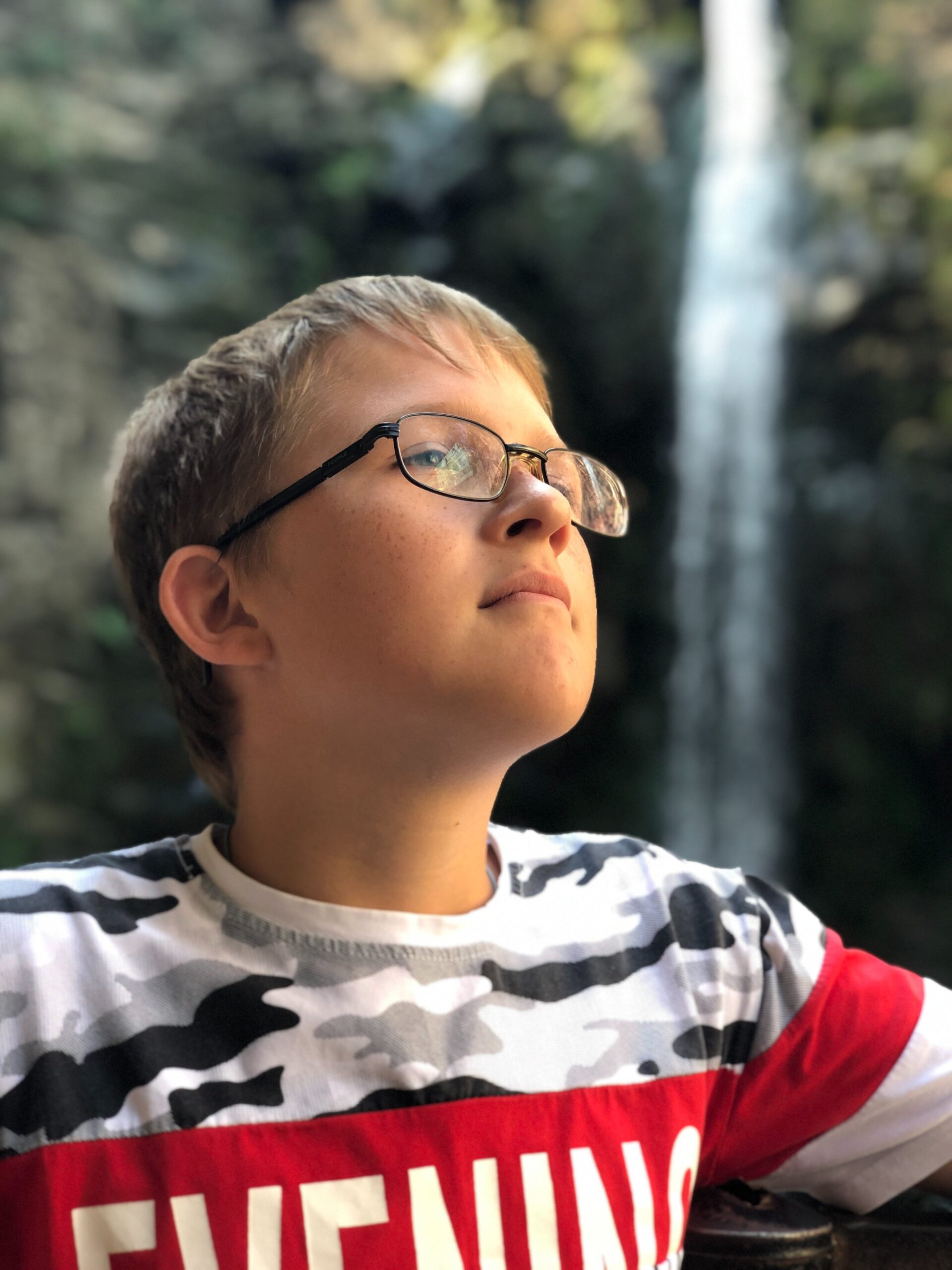Jake didn’t feel quite right. It was the beginning of his sophomore year of high school, and even though he had a core set of friends and extracurriculars, life was harder than ever before. Heavier.
“At first, I chalked it up to a new school year, new schedule, different teachers and coming off summer break. Stuff wasn’t a whole lot different from freshman year, but I couldn’t get myself going in the same way.”
It was bigger than a few low days here and there – Jake felt so much more tired after school, and less interested in pretty much everything. His parents noticed that he’d head to his room right away after getting home, only coming down for a few bites to eat.

Jake’s dad shared, “early last fall, we didn’t think much of it; other than wishing we’d see more of him. There was no traumatic event or signal that something happened. He seemed active in robotics club, his grades were fine, so it felt like normal teen behavior.”
Worry set in when the habit became a pattern
By November 2022, Jake had trouble holding interest in nearly every part of his day. Sadness filled him up. He escaped by going to bed earlier and earlier, until it was as soon as coming home from school. His friends at school felt his mood and energy rapidly shift, and friends online saw him log in less and less.
“It was bad. My sadness felt like a freight train I couldn’t stop – but I was sorta embarrassed, and I thought I could do it by myself or something. I didn’t want to go to my parents with it, but I was scared. I heard from a friend that my school had an actual therapist on-site, so I got a hall pass and dropped in.”
Washburn Center’s on-site School Based therapist, “R”, welcomed Jake, and saw how depression took root in the 13-year-old. Jake had taken a leap of faith – and found hope when he needed it most. While he was nervous to tell his parents that he was seeking help for his mental health, his Washburn Center therapist was able to gently guide him and offer support.

“When ‘R’ asked me to talk with my parents, I was completely freaked, but she kept pushing me that I couldn’t carry this by myself,” Jake reflected. “And honestly, they were super supportive of me when I told them. I wish I’d done it sooner. I had no clue that my mom had a history of mental health stuff too. We came up with an action plan, but mostly it was a huge relief just to not be suffering alone anymore.”
Jake learned not only that he wasn’t alone, but that he had a strong network around him every day that he walked through the doors of his school. And, while things were hard:
“It got better. It was slow, and terrible, and hard, and vulnerable, but I feel a lot better. And best of all I’m back to playing video games with my friends every night, which my parents hate but feels like huge progress for me,” Jake concluded with a laugh.
